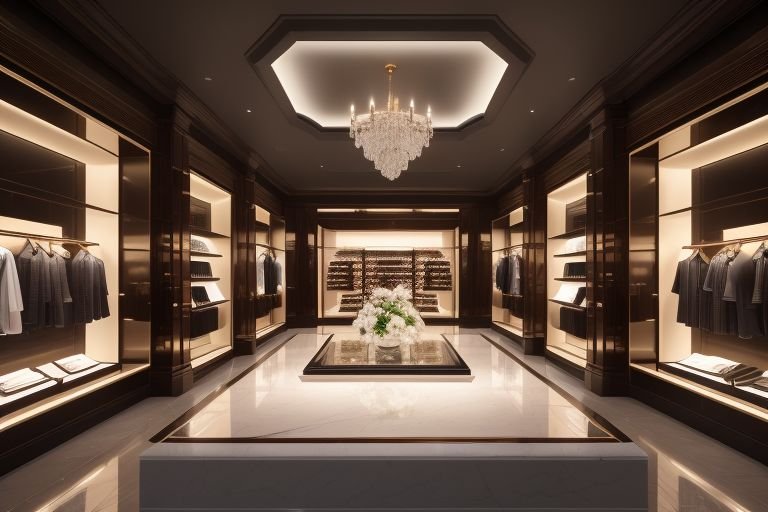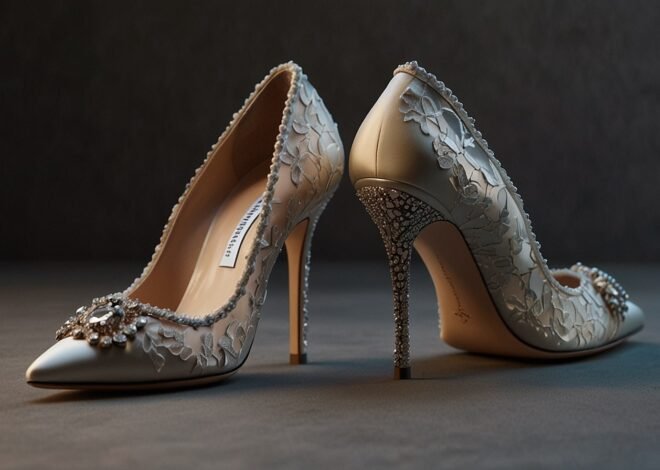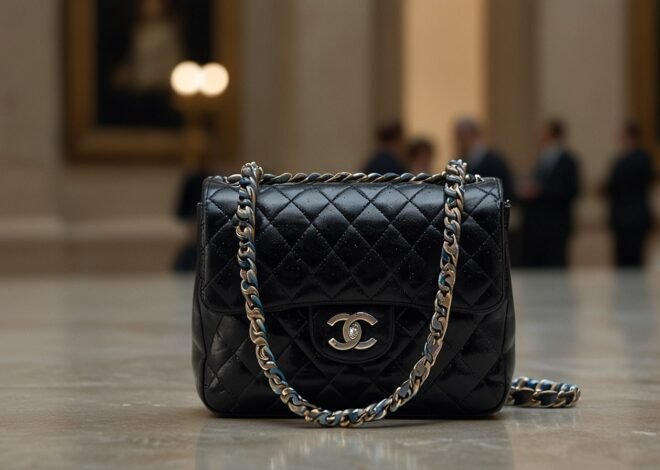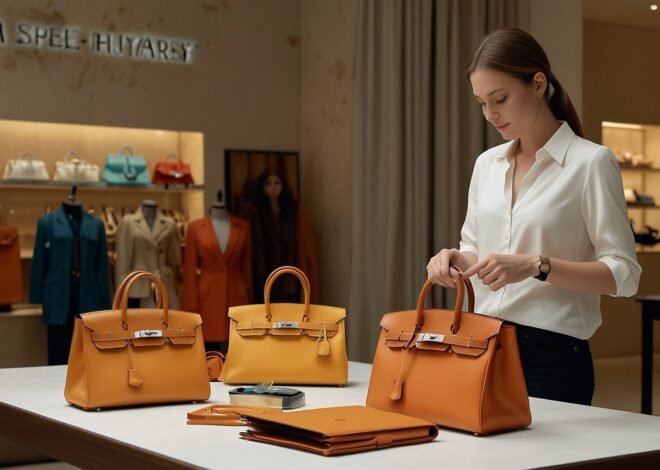
AI and AR are Reshaping the Customer Experience in Luxury Retail
The luxury retail sector is the store that is under going the digital revolution where artificial intelligence (AI) and augmented reality (AR) are the primary drivers of change in the social customer experience.
With the physical and digital retail boundaries becoming increasingly indistinct, luxury brands are employing these technologies in order to deliver engaging, individualised buying experiences that meet the expectations of today’s affluent consumer.
Pioneering this change is Gucci, which has just released an Artificial Intelligence (AI)-based virtual fitting of sneakers. This unique device also enables the customer to have an idea on how the shoes will look like when worn by him/her by just taking a picture of his/her legs using the smartphone camera. Apart from improving the convenience of the buyers, the technology also minimises returns which are a major concern in online shopping.
Likewise, Louis Vuitton has also recently launched an AR application that allows customers to place home furniture and interior decorating items they sell in their homes. This feature has been very much appreciated during the pandemic period because customers are aided to make the right purchase decisions without having to visit the physical stores.
One of the most advanced examples of personalization can be seen in Burberry, which is acknowledged as one of the most innovative companies using AI technologies; Burberry has created the AI styling assistant.
This virtual stylist uses the details of a customer’s likes, purchase history and the current fashion trends to recommend the best outfits. The technology in this case not only improves the shopping experience but also contributes to the development of brand-customer relationship.
The use of such technologies is not restricted to the interfacing of customers only Technology 3: Advanced analytics. In the background, luxury brands are applying AI and machine learning for inventory and demand forecasting, and supply chain efficiency.
For instance, Farfetch is the luxury e-tailer that employs AI algorithms to analyze vast amounts of data to identify products that will likely sell well in different markets to aid brands in making better production and distribution decisions.
Although these innovations are many-fold useful, they are also problematic for luxury brand management. One of the issues that are of paramount importance is the ability to sustain the aura of the exclusivity and personal atmosphere which are inherent in luxury shopping experience. To this, brands are shifting the attention to delivering digital experiences that can accompany the in-store experiences.
For instance, Chanel has come up with “Atelier Beauté Chanel,” a beauty centre that also includes technology. Customers can virtually apply makeup, get dermatological advice on skincare based on facial recognition, and schedule an appointment with beauty consultants.
AI and AR integration in luxury retail is also giving a new dimension to issues such as data privacy and security. Brands continue to gather more data in order to create better experiences and while doing so, there must be excellent protection of customer data in order to maintain trust.
However these challenges are present, the trend toward the digital revolution of luxury retail is far from disappearing. That is why we can expect future technologies to bring even more creative solutions that will go beyond the possibilities of the current luxury shops.


